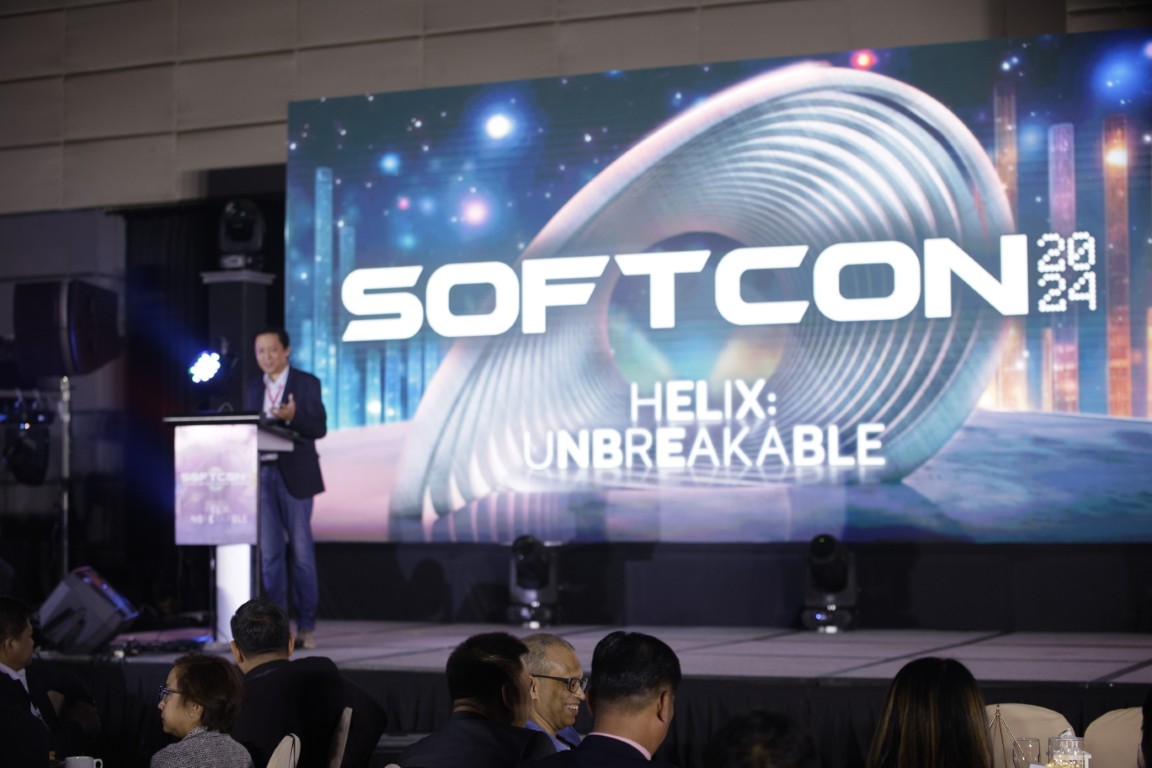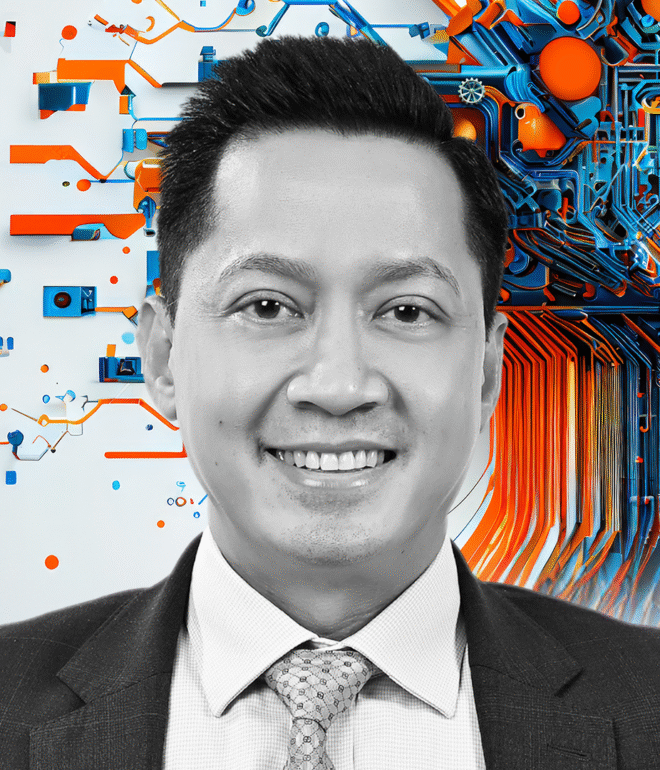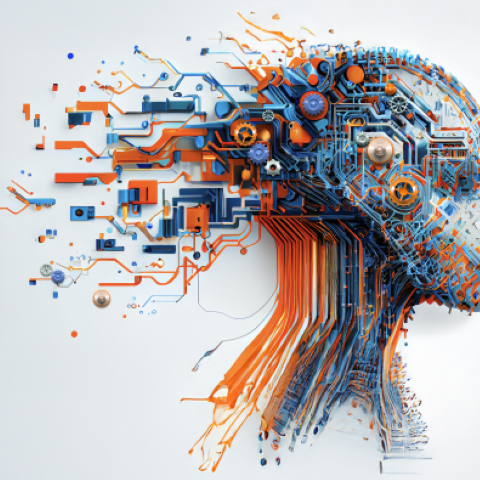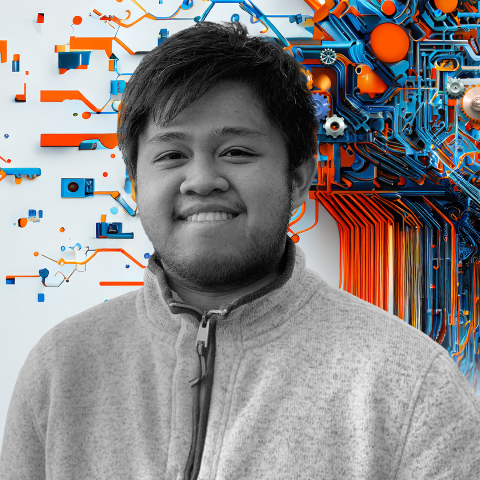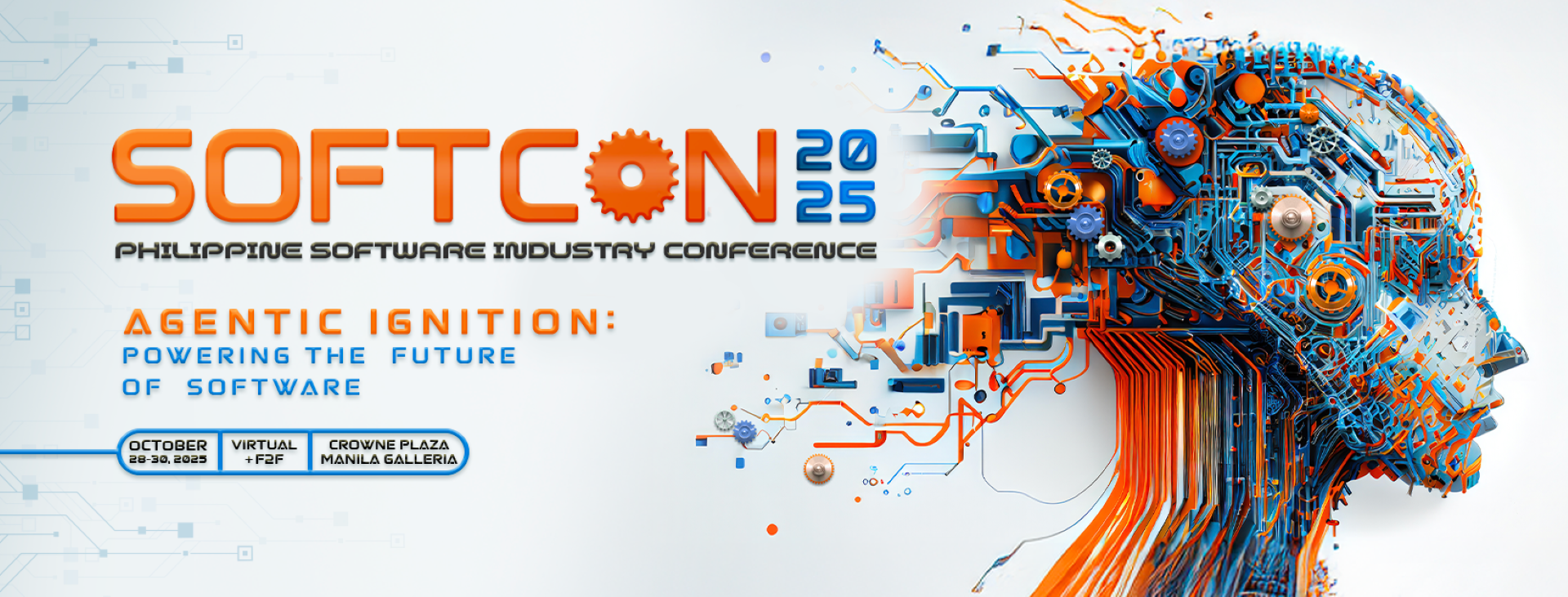
Join the country's biggest
software industry conference!
Learn from local and international experts, discover the latest solutions, and network with industry peers. It’s the must-attend event of the year for the software industry!
About
SOFTCON
SOFTCON is the biggest conference for the Philippine software industry, bringing together hundreds of business executives, software professionals, and project managers in one mega event.
Happening on October 28-30, 2025, SOFTCON will will run online on Days 1 and 2. On Day 3, it will be held simultaneously at Crowne Plaza Manila Galleria and live streamed online.
Plenary
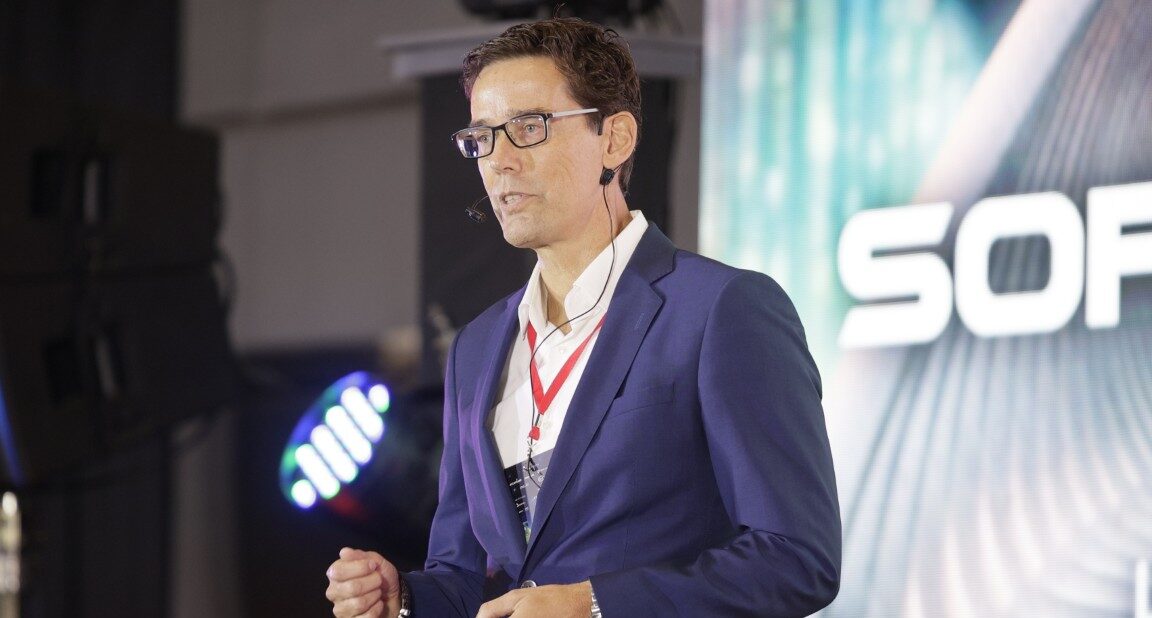
Workshops
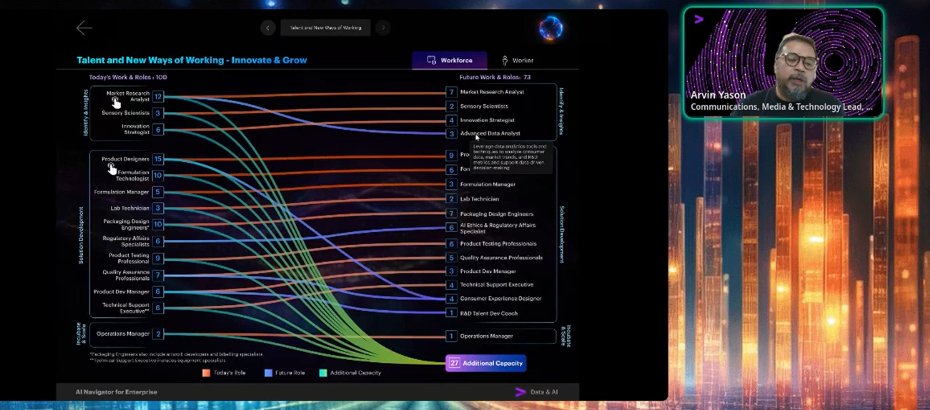
Expo
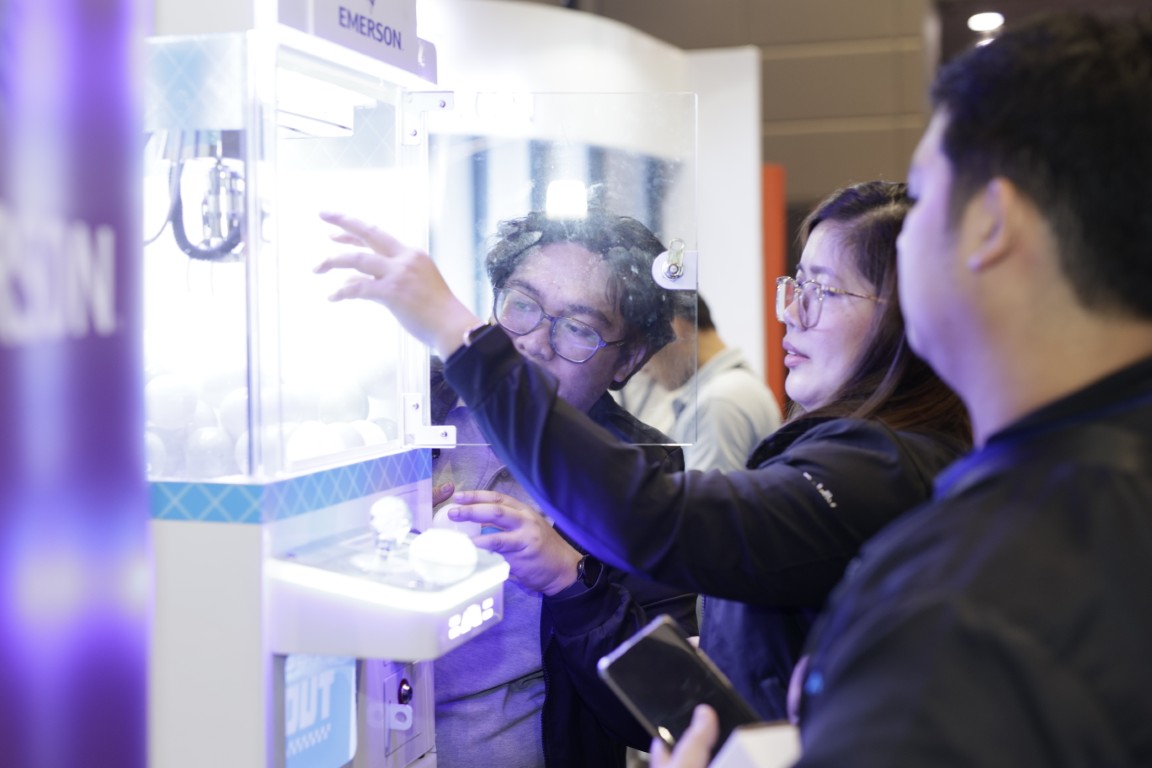
CXO Luncheon
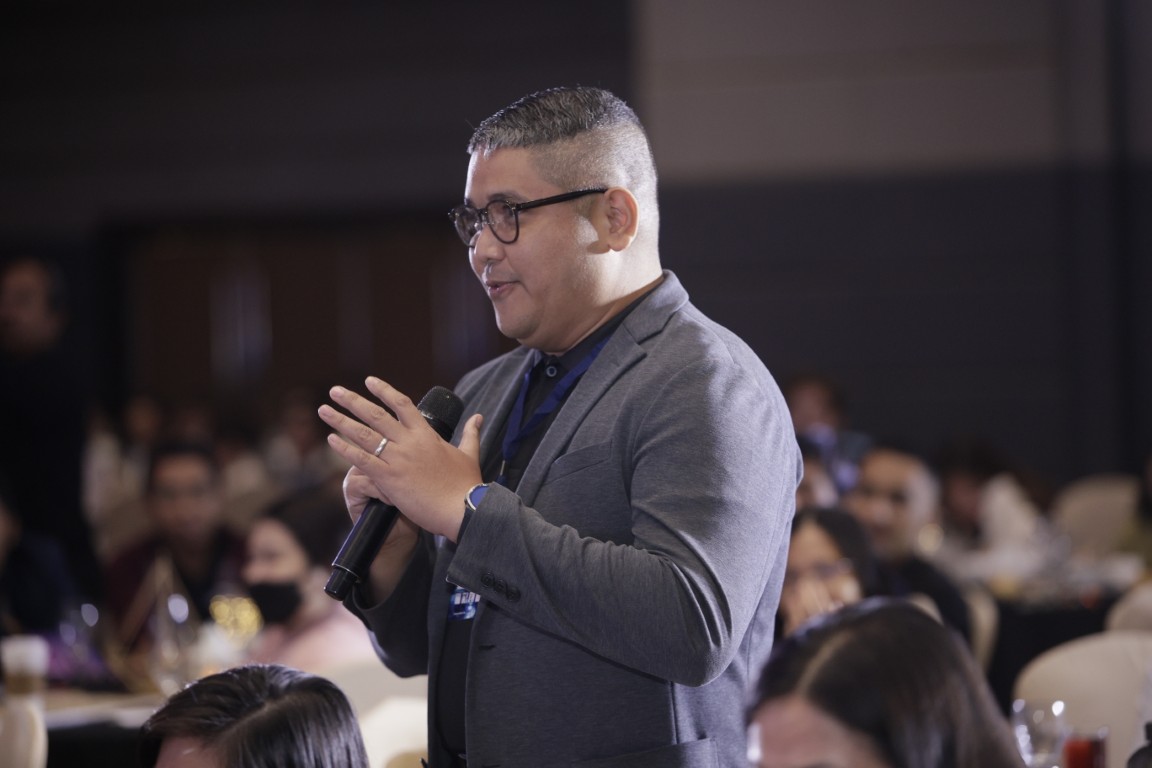
Speakers
Gain strategic insights and practical skills
Learn from top local and international experts through keynotes, presentations, and workshops over three days. And discover industry solutions from various tech companies and service providers.
Event Agenda
- All Topics
- Agile/DevOps
- AI
- Backend Engineering
- Business
- Engineering
- FrontEnd
- Growth
- IT/Cybersecurity
- Java
- Platform
- Product Development
- Programming
- QA/QE
- Testing
Day 1
Oct 28 Online WorkshopsDay 2
Oct 29 Online WorkshopsDay 3
Oct 30 Plenaries (Online for Stream, F2F for XP & Live)SOFTCON Bytes
Pre-conference workshops. 3 Fridays, 3PMSOFTCON CXO Luncheon
Oct. 30. High-level discussion & networking.
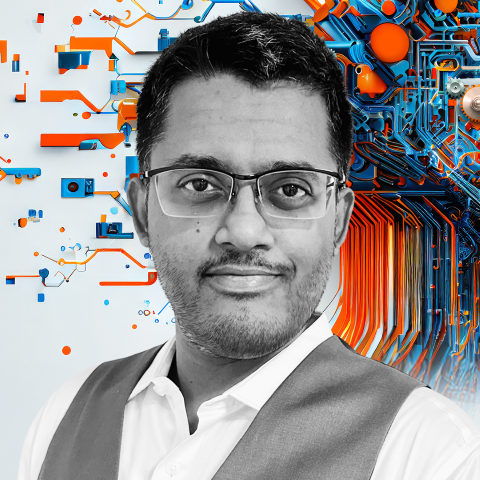 09:00 - 10:00
09:00 - 10:00Opening Ceremonies & Keynote Address:
Building the Future of Work: NVIDIA's Agentic AI Platform for Organization's TransformationBy Hariharan Suresh Senior Cloud & Generative AI Technologist, NVIDIANVIDIA presents the dawn of autonomous digital workers through its comprehensive agentic AI ecosystem, marking a fundamental shift from traditional AI to reasoning-capable agents that can perceive, plan, and execute complex business tasks independently.In this session, discover how the NVIDIA stack aligns with organizational needs—from infrastructure and AI inference to Blueprint development and AI frameworks. Organizations can leverage NVIDIA’s developer ecosystem and advanced tools to position Philippines businesses at the forefront of the autonomous digital worker revolution.
WhereVirtual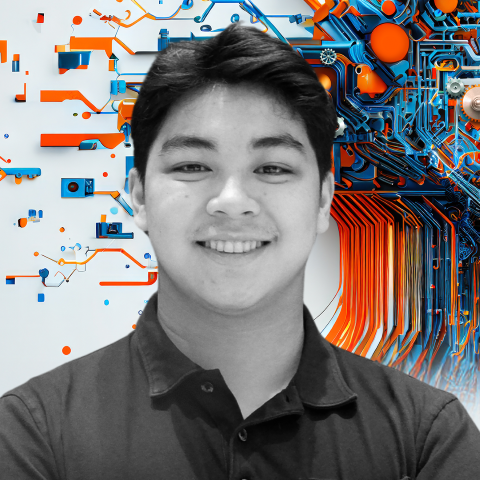
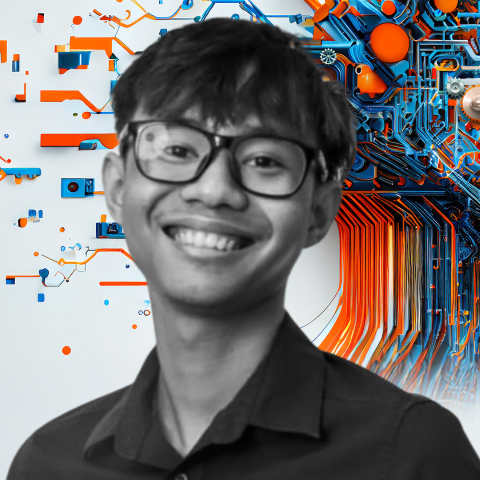 10:00 - 11:00
10:00 - 11:00Building a More Inclusive World: A Web and Mobile Accessibility Overview
By Jolo Narvaez Web Engineer, ING Hubs B.V. Philippines, Joshua Bumanlag iOS Engineer, ING Hubs B.V. PhilippinesThis session explores the importance of digital accessibility, why it matters, who it benefits, and how we can implement it effectively. Through interactive demos and practical tools, we’ll show how inclusive design improves user experience for everyone. Learn how ING integrates accessibility into its platforms and discover simple ways you can start making your own products more accessible today.FrontEndWhereVirtual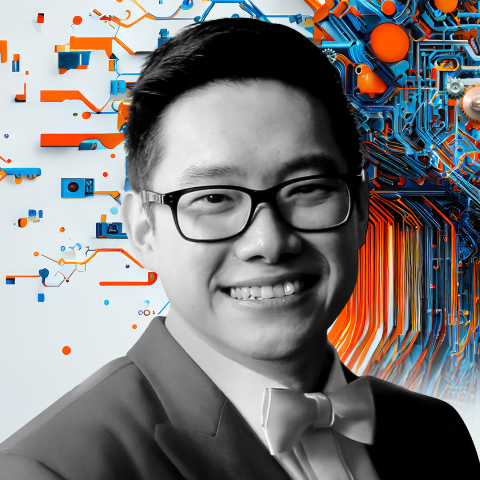 10:00 - 11:00
10:00 - 11:00From Insight to Impact: How AI is Transforming Human Capital
By James Marvin Yu Associate Director, Advisory Technology | Work & Rewards Business Technology, Willis Towers WatsonAs organizations navigate the complexities of modern workforces, AI is no longer a future concept—it’s a present-day catalyst for change. This session shares WTW’s journey of embedding AI into the heart of its human capital practice. From predictive analytics that anticipate workforce trends to generative tools that accelerate decision-making, we’ll explore how data is being transformed into action.We’ll also unpack what it takes to scale AI across a global consulting firm: aligning cross-functional teams, managing change at scale, and building trust through governance and transparency.
This session offers practical insights for technology leaders, HR strategists, and innovation champions into how WTW has used AI to drive real, measurable and meaningful impact in the world of human capital.
AIWhereVirtual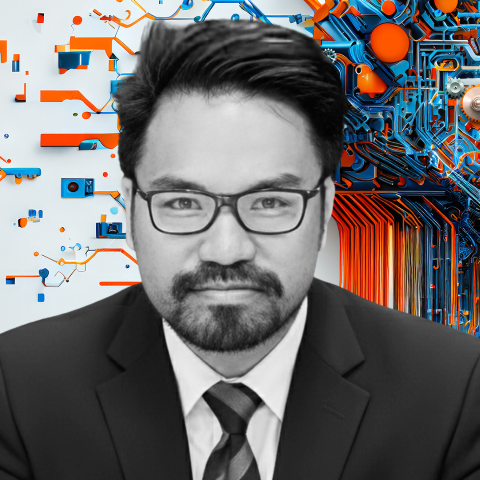
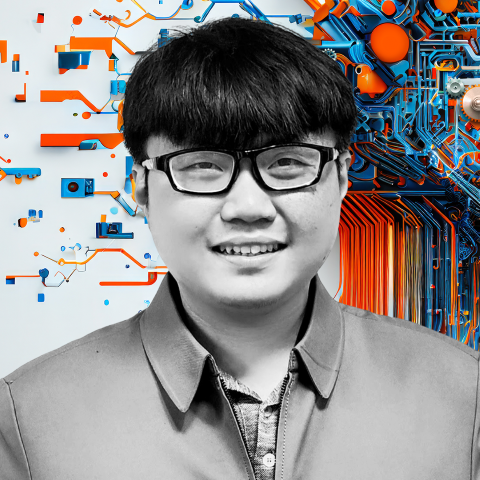 10:00 - 11:00
10:00 - 11:00Beyond Chatbots: Unlocking the Power of Agentic AI with watsonx Orchestrate
By Joyson Barrago Technical and Innovation Lead, IBM Consulting, Tristan Mahinay Fullstack Capability and Innovation Lead, IBM ConsultingDiscover the transformative potential of Agentic AI across complex workflows with minimal human intervention. In this session, we’ll unveil how watsonx Orchestrate is leading the charge in this revolutionary space, empowering teams with AI agents that act as true digital co-workers.WhereVirtual- 11:00 - 11:10
Screen break
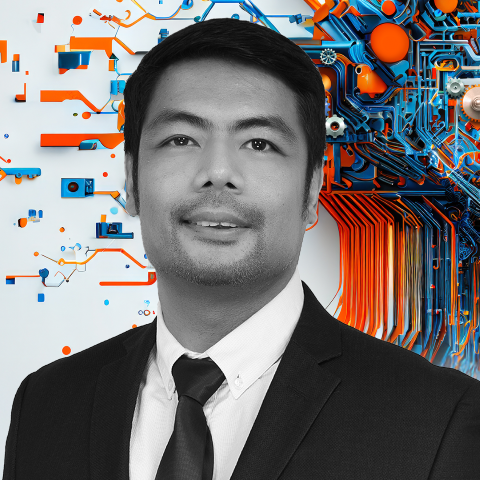
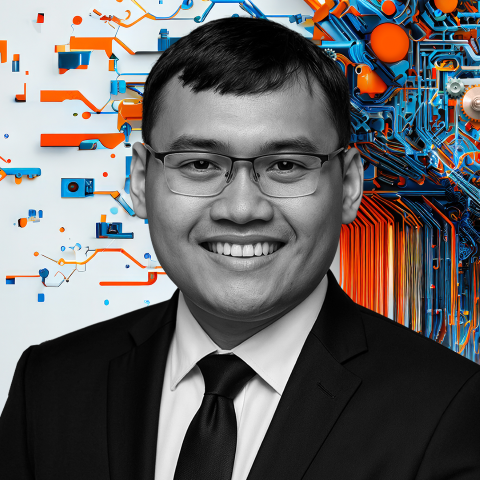 11:10 - 12:10
11:10 - 12:10The Future of QA
By Anthony Seumal Head of Software Quality, Cambridge University Press and Assessment, Vegil Camilon QA Team Lead, Cambridge University Press and AssessmentAs AI advances, we find ourselves heading towards a new era. By living and working with AI technologies, we will operate at a level far beyond our previous potential. This will create a paradigm shift for us and positively impacting everything. With such exponential opportunity, we must fundamentally rethink the Future of QA and how people lead, grow and change in this new context.TestingWhereVirtual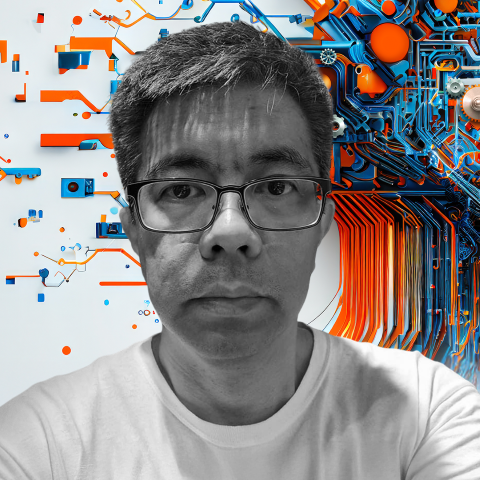 11:10 - 12:10
11:10 - 12:10Agents of Change: Building Intelligent Software That Works for You
By Allan Mangune Founder, Fluentsight Technologies, Inc.In an era where time is money and intelligence is leverage, AI agents are redefining how we build and interact with software. This session is a deep dive into the next wave of software development—where applications don’t just sit and wait. They think, act, and collaborate.
Whether you’re a developer writing the next breakout app or a CTO exploring AI strategy, this talk will bridge technical depth with visionary impact. We’ll unpack the anatomy of an AI agent, walk through building one from scratch, and explore real-world use cases from code assistance to business process automation. Expect live coding, practical insights, and bold ideas.
The future is autonomous—and it’s already writing code.AIWhereVirtual- 12:10 - 13:30
Lunch Break and Expo Hall Visit
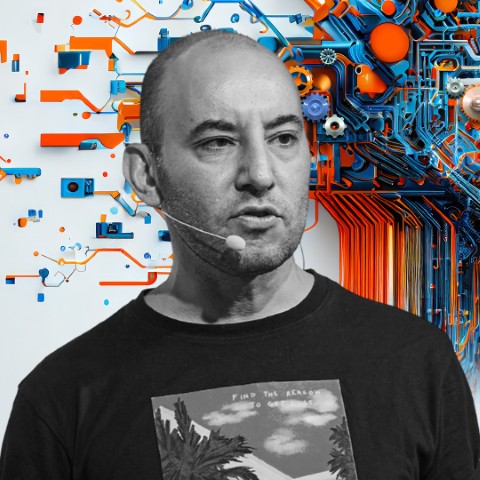 13:30 - 14:30
13:30 - 14:30Building a Reliable Deployment Pipeline: Don't Let Tests Break Your Pipeline
By Mesut Durukal Senior QA Automation Engineer, IndeedRunning an application in a target platform includes several stages starting from coding to staging including static code analysis, building, testing and monitoring workflows. In every single step, we can use several different tools. In the ideal scenario, when we push our code, it goes through a pipeline where it is styled and formatted, built, packed, installed, tested, integrated and verified. Sounds crazy, we just push the code and all those listed jobs are executed automatically in push on green flows.This dream scenario can easily turn into a nightmare. If the pipeline is broken frequently, or running slowly, or is not covering the whole scope; we may start worrying about it. If the pipeline is not failing at all, that is not good news either. It may be a sign to check the quality of tests.
Learnings from this session include key take-aways such as:
A checklist to choose automation tools and make the best use of them
Tips to get rid of flakiness in the deployment pipelines
A guideline to build a quality mindset and tips for a strong quality gate
and a set of sample quality metrics to track the product and process maturityTestingWhereVirtual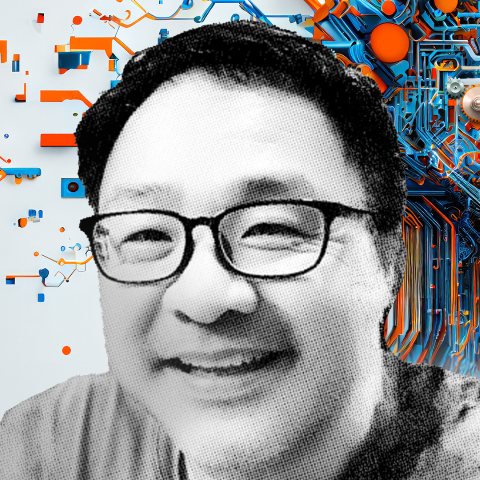 13:30 - 14:30
13:30 - 14:30Surfacing Business Requirements with Low-Code Applications
By Dom Cimafranca System Architect, Apollotech Software CorporationLow-code applications empower users and analysts to rapidly prototype and visualize their needs. By moving beyond theoretical designs, we create working applications for immediate testing and critique, unlocking valuable feedback and refining requirements in real-time.Product DevelopmentWhereVirtual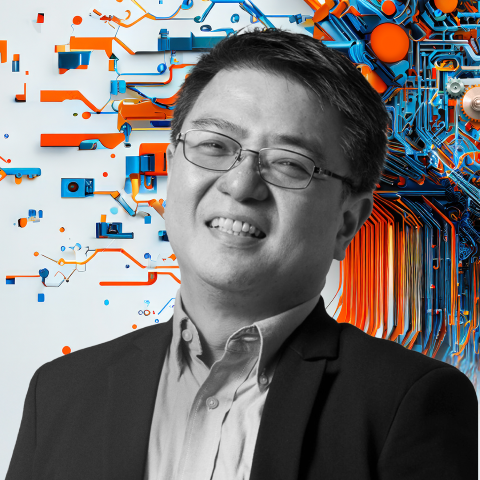 13:30 - 14:30
13:30 - 14:30AI Agents vs AI Agents
By Allan Tan Founder / Chief AI Scientist, Predictive Systems IncThis session discusses the comparison of different agentic platforms and some best practices to making them effective.AIWhereVirtual- 14:30 - 14:40
Screen break
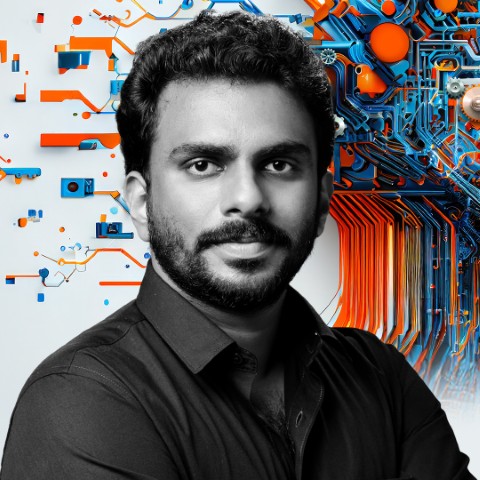 14:40 - 15:40
14:40 - 15:40Battling the Toxicity of Flaky Tests in Continuous Testing
By Nithin SS Head of QA, LodgifyAutomated tests are crucial for efficient software development, but flaky tests that inconsistently pass or fail without code changes can severely undermine their value. Such non-determinism sends confusing signals to the team, making it difficult to interpret test results. This erosion of trust in the test suite leads to disregarding signals, integrating features with real failures, and nullifying the purpose of testing. Instead of speeding up progress, flaky tests slow it down, obscure actual bugs, and increase costs. As a result, automation in testing becomes a double-edged sword if not properly maintained.In this talk, we will examine the causes and consequences of flaky tests, particularly within Continuous Integration/Continuous Deployment (CI/CD) pipelines. We explore how flaky tests erode trust in test results, delay releases, consume resources, and mask genuine bugs.
We delve into the common pitfalls of test automation that lead to increased maintenance overhead and decreased reliability. We also emphasize the importance of establishing testing guidelines, leveraging reporting tools, using artificial intelligence (AI), and documenting flaky tests to improve overall test suite health.
I will also share practical and effective mitigation strategies, emphasizing the importance of code quality, design patterns, advanced tools, comprehensive logging, team collaboration, and regular reviews.
Finally, we will discuss actionable steps for creating meaningful automated tests, focusing on principles derived from real-world situations from my experience. By adopting these strategies, engineers can build a more reliable and trustworthy test automation suite, leading to faster and more stable software releases.
Key Takeaways:
1. Evaluate how flaky tests can erode trust and slow down developments.
2. Analyse the context and purpose of tests to avoid common pitfalls.
3. Concrete strategies for identifying and mitigating flaky tests.
4. Exploring the role of AI and reporting in creating reliable tests.QA/QEWhereVirtual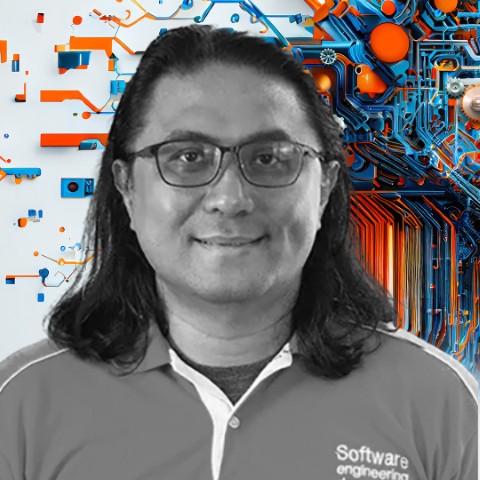 14:40 - 15:40
14:40 - 15:40Database Stuff That Application Devs Should Know
By Calen Legaspi Founder, Chairman, Chief Scientist, Orange and Bronze Software LabsMost application developers treat a database as file storage, especially if they are near-totally reliant on their ORM. This leads to poor performance and deadlocks that only show up when the system scales. This talk covers some intermediate topics beyond the basics that will save developers from heartache and pain.ProgrammingWhereVirtual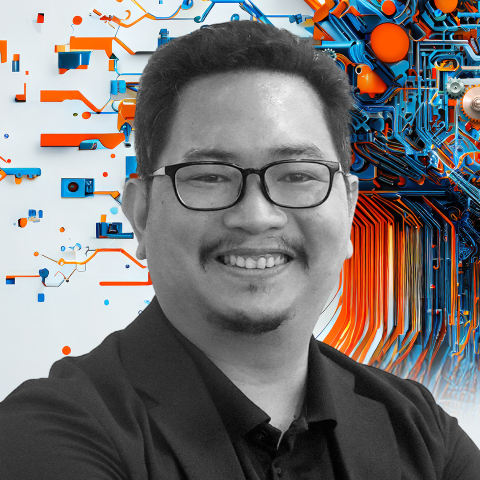 14:40 - 15:40
14:40 - 15:40AI-Powered Coding: Empowering the Next-Gen Software Engineer
By Adrian Cayaco Head of AI Engineering, Stratpoint Technologies, Inc.This session is a journey into tool adaptation and behavioral changes with software engineering.AIWhereVirtual- 15:40 - 16:15
Expo Hall Visit
- In this talk, we’ll take a "Glimpse of Elixir". We'll explore how this powerful, yet approachable language can handle everything from real-time web applications to scalable systems, all within the Erlang ecosystem. We'll also see how Erlang handles concurrency and how it works in a distributed environment.
Whether you’re a backend developer seeking reliability, a frontend developer interested in real-time apps, or simply curious about new technologies, this session will inspire you to give Elixir a try.
Backend EngineeringWhereVirtual 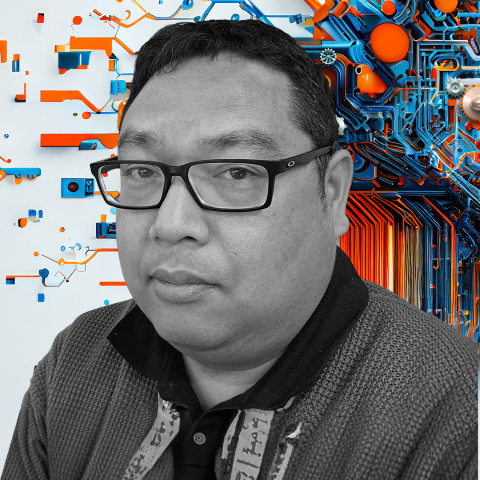 16:15 - 17:15
16:15 - 17:15The Futures Triangle and Product Development
By Kim Deloria Senior Consultant, PlanIT New ZealandThis session discusses the Futures Triangle, developed by Sohail Inayatullah. It is a strategic foresight tool used in product development to map the interplay between the pull of the future, push of the present, and weight of the past, helping teams anticipate challenges and opportunities while shaping innovative and resilient product strategies.Product DevelopmentWhereVirtual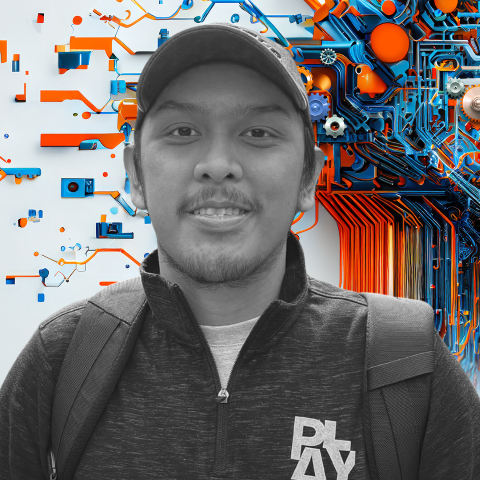 16:15 - 17:15
16:15 - 17:15Dive with Genkit AI
By Seiji Villafranca Senior Developer/Technical Lead, KPN/KodeAcrossIn this talk, we will introduce Genkit AI and explore how it simplifies the process of building AI applications. The session will include a brief demo of the Genkit UI, showcasing how to run and debug your own test flows and prompts with ease.AIWhereVirtual
 10:00 - 11:00
10:00 - 11:00Silent Network Authentication in GSMA Open Gateway: Leveraging Mobile Network Infrastructure for Seamless, Secure User Verification
By Butch Velasquez Key Segments Marketing Head, Globe BusinessForget Logins. Think Identity.Unlock the power of the new API economy with a verification system that works in the background. This presentation dives into Silent Network Authentication (SNA)—a game-changing solution that eliminates passwords and OTPs by turning the mobile network into an invisible security layer.
WhereVirtual 10:00 - 11:00
10:00 - 11:00Driving Sales Productivity with Contextual AI in Modern CRM
By Nicholas Koh Zoho APAC- Evangelist, Zoho CorporationAt SoftCon 2025, Nicholas will share how CRM users can use context-aware, AI-powered systems to drive Sales productivity, shortening sales cycles, maintaining consistency in execution, and scaling customer engagement without losing the human touch.WhereVirtual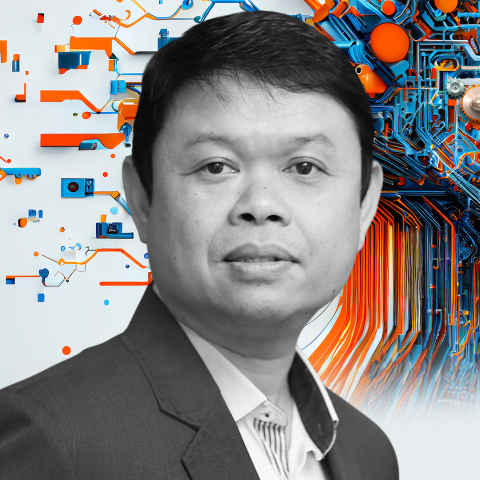 10:00 - 11:00
10:00 - 11:00Vibe Coding and the Human in the Loop: From Creative Flow to Professional-Grade Applications
By Eugene Paden CTO, Ray Business TechnologiesThe future of software development is not just about generating outputs—it’s about creating professional-grade applications of all kinds that can be deployed, scaled, secured, and maintained.Vibe coding—the emerging practice of designing, prompting, and iterating with AI systems based on intuition, context, and flow—puts human creativity at the center of building solutions. However, while machines can accelerate the generation process, human judgment, ethics, and domain expertise remain critical in steering outcomes toward value and trust.
This session explores how vibe coding opens new ways of working with AI and other tools, balancing structured engineering with iteration and co-creation. We will also highlight the human-in-the-loop paradigm, where people play active roles in guiding, validating, and correcting system outputs—ensuring reliability, transparency, and alignment with organizational goals.
By the end of the session, participants will understand how to transform ideas into enterprise-ready solutions:
applications—whether AI-powered, data-driven, or traditional—that not only work, but can be deployed and scaled confidently, designed to be secure, and engineered to remain maintainable for long-term success.AIWhereVirtual- 11:00 - 11:10
Screen break
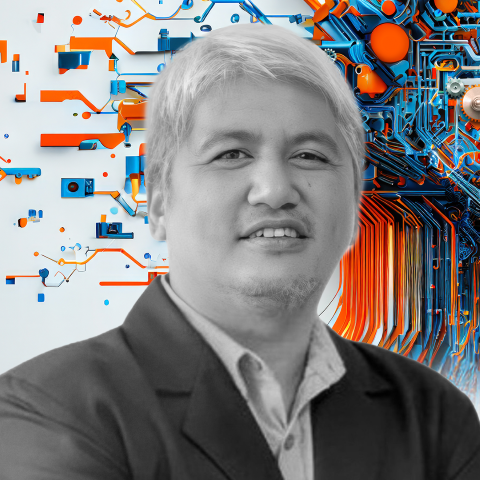 11:10 - 12:10
11:10 - 12:10Beyond the Code: Building Security into Every Commit
By Benjie Brian Zamora Chief Executive Officer, Sophie's Information Technology Inc.This session explores how secure coding goes beyond fixing vulnerabilities and becomes a mindset. From design to deployment, we’ll uncover practical strategies to embed security into every commit, empowering developers to write code that is resilient, reliable, and ready for the future.IT/CybersecurityWhereVirtual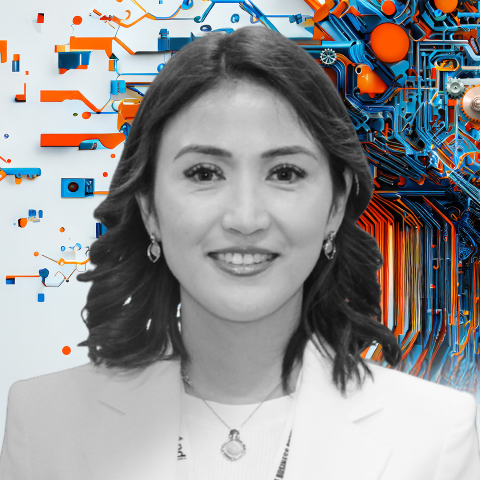 11:10 - 12:10
11:10 - 12:10Built on Quality: The Rise of Full Stack Engineers with Testing in Their DNA
By Michelle Lagare Founder and President, QE 360What if your testers could build? What if, instead of slowing down releases, your QA team could help you ship faster—while raising your product quality?This talk shares how testers at QE 360 didn’t just learn automation. They became full stack engineers with a deep foundation in quality—taking on frontend, backend, cloud, and even AI-driven test engineering.
You’ll hear real stories of transformation:
Career-shifters who now outperform CS graduates.
Testers who used to wait for devs, now driving builds and CI/CD.
Teams that used to be the bottleneck, now becoming the accelerator.This isn’t just a talk for QAs. It’s a call to action for tech leaders to unlock the full potential of their testing teams—without needing to expand headcount. If you’re a manager tired of manual testing delays, or a director looking to modernize your SDLC without relying solely on vendors, this talk gives you the blueprint. You’ll walk away inspired—and ready to turn your testers into builders.
QA/QEWhereVirtual
 11:10 - 12:10
11:10 - 12:10Generative AI for Developers: Practical Tools, Real Productivity, Responsible Approach
By Spencer Chiu Solution Sales Manager, Crayon Philippines, Kervi Laborte Solution Architect, Alibaba Cloud PhilippinesGenAI is transforming how developers work—promising unprecedented productivity gains through intelligent code generation, automated reviews, and rapid prototyping. But there's a catch: AI hallucinations, "vibe coding" (trusting code that looks right but isn't), and subtle bugs are creating new challenges that can negate those productivity gains. Some teams are even hiring "vibe coding cleaners" to fix what AI gets wrong.Join Crayon and Alibaba Cloud as we explore how to harness generative AI's power while avoiding its pitfalls. We'll demonstrate practical tools that boost developer productivity safely—from intelligent code generation that understands your codebase, to automated security reviews that catch what humans miss, to customizable AI models that learn your team's standards. See real use cases, understand why responsible AI matters, and discover how Alibaba Cloud's approach gives you speed without sacrificing safety. Walk away with actionable next steps to transform your development workflow—the right way.
AIWhereVirtual- 12:10 - 13:30
Lunch Break and Expo Hall Visit
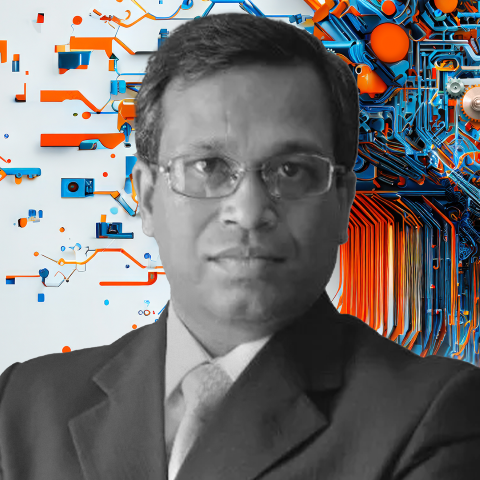 13:30 - 14:30
13:30 - 14:30Building Enterprise-Grade Software end-to-end with AI-Native Platform
By Arup Maity CEO & Co-Founder, Xamun AIThe demand for custom software among large enterprises has increased dramatically over the past few years, yet the age-old challenges in software projects still exist. AI provides a way to rethink how software is built, addressing the inefficiencies across the software development lifecycle that ultimately makes better-quality apps built much faster.There has been immense growth in AI-powered tools for software development, and many tech and business leaders are left confused with the choices available in the market. This talk will provide insights to help decision-makers sift through the noise and select the best possible solution given their situation. The talk will also propose a framework wherein AI and ""humans in the loop"" will be working hand-in-hand to for requirements engineering tighter and software builds faster.
In the context of software dev shops, the talk will be useful in understanding how AI helps achieve better internal efficiency across the SDLC so that teams are able to increase capacity and realize business growth.
AIWhereVirtual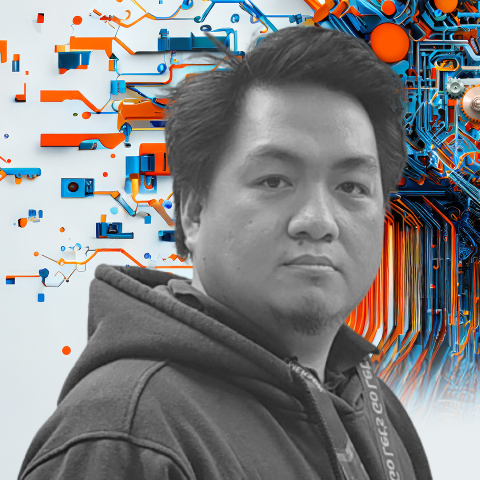
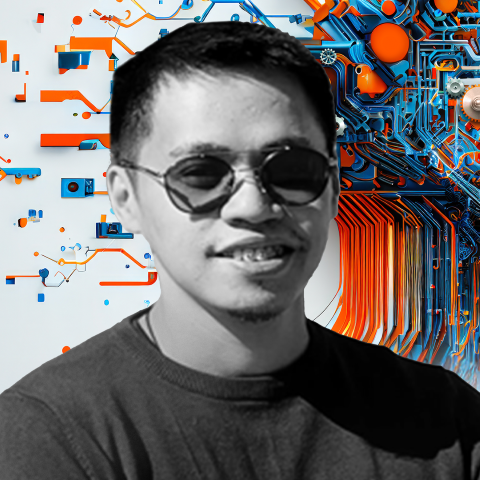 13:30 - 14:30
13:30 - 14:30Finding the Right Tool for your AI-Powered SDLC
By Vincent James Paz Senior Principal Software Developer, Emerson, Mario Nistal Jr System Integration Engineer, EmersonIn the rapidly evolving landscape of AI-driven software development, choosing the right toolset can significantly impact your team's efficiency, innovation, and success. This session introduces a structured, repeatable process specifically developed through our experience evaluating AI tools for software testing within the SDLC.We'll share practical insights gained from assembling the ideal cross-functional team, establishing clear and targeted evaluation criteria, and executing detailed comparisons of AI testing tools to assess compatibility, scalability, and integration ease.
While our experience centers on AI tool selection for software testing, attendees will find our home-made approach, adaptable and valuable as a starting point for qualifying AI solutions in other phases of their SDLC. You'll walk away with a proven, experience-based process that can be tailored to your team's unique development context.
Agile/DevOpsWhereVirtual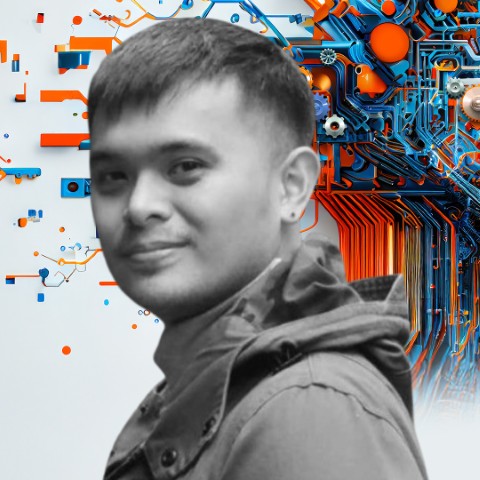 13:30 - 14:30
13:30 - 14:30Making An Operating Systems Undergraduate Course More Relevant to the PH Software Industry
By Neil Patrick Del Gallego, Ph.D. Associate Professor / Chair, De La Salle UniversityThe rapid evolution of the software industry, driven by AI and ML, often overshadows the importance of core computer science principles like operating systems. What's the best way to learn operating systems and make this relevant for the software industry? We create an OS! Our undergraduate Operating Systems course takes a practical approach by having students construct a working OS emulator as their project.In this talk, I will share how we revamped an OS course to be more of a hands-on approach rather than conceptual. The project's reference to Linux/Windows shells and commands like ""nvidia-smi,"" ""free,"" and ""vmstat"" highlights its connection to real-world operating systems. Students are exposed to the challenges and complexities of OS development, preparing them for potential careers in systems programming, embedded programming, OS development, or related fields.
My talk will cover the proposed mapping of OS theory (e.g., I/O, process scheduling, demand paging, etc.) to actual dev skills and the OS emulator project specifications (written in C++). Lastly, I will share our teaching experiences and general student feedback regarding our approach, where 200+ students have already taken our revamped OS course.
ProgrammingWhereVirtual- 14:30 - 14:40
Screen break
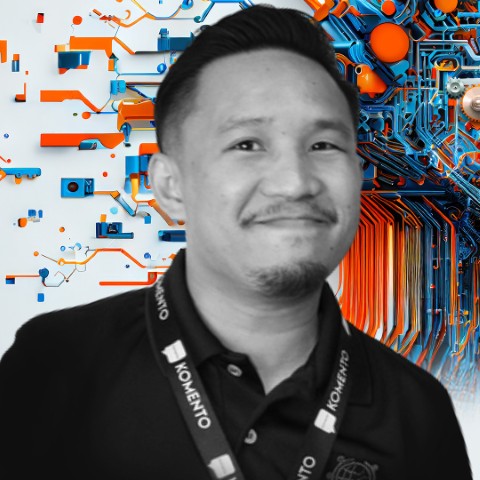 14:40 - 16:40
14:40 - 16:40Software Engineers are Product Owners: The Good, The Bad and The Ugly of Vibe Coding
By Gian Santillan Chief Technology Officer, Digital Innoventures GroupThis 2-hour workshop offers a real discussion on vibe coding and AI-assisted development. It is a quick run-through of how vibe coding was leveraged to significantly boost developer productivity; and how junior engineers can be upskilled on this role-changing AI paradigm.AIWhereVirtual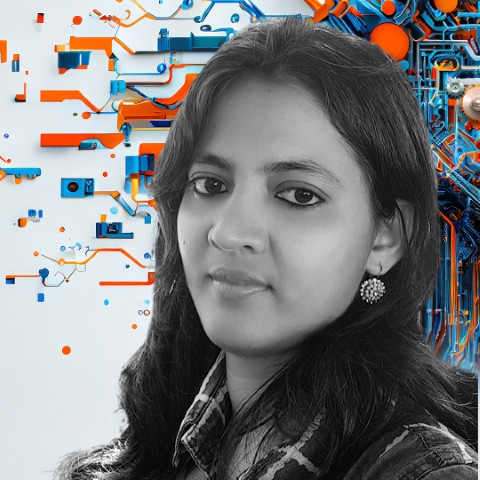 14:40 - 15:40
14:40 - 15:40From Java 8 to Java 17: Exploring Upgrades, Gains and Pains
By Anamika Roychowdhury Software Engineer, IBM India Software LabJava 8, a cornerstone since its 2014 release, has long been integral to the Java application development landscape. However, the arrival of Java 17 in 2021 marked significant evolution in the ecosystem: it introduced a bunch of groundbreaking features that Java has introduced in a phased manner over the years. Let's delve into some of the pivotal new features available in Java 17, such as Text Blocks, enhancements to the String class, Sealed classes, Record Types, and Pattern Matching which aim to improve productivity, performance, readability, and extensibility of large-scale Java workloads.The session will also sneak-peak into potential challenges associated with migration to v17, such as modularity, deprecated or removed features, GC policies and much more.
The session aims to help developers and organizations navigate the transition from Java v8 to v17, ensuring they can leverage the new capabilities effectively while managing the transition smoothly.
JavaWhereVirtual
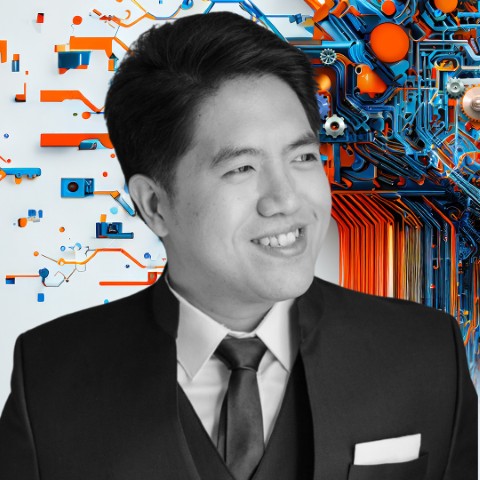 14:40 - 15:40
14:40 - 15:40AI-quipped for Quality
By Gian Magno Software QA Team Lead, Cambridge University Press and Assessment, Richmond Camero QA Team Lead, Cambridge University Press and AssessmentThis talk covers how to adapt software testing and quality management to the use of AI technologies. It includes understanding what are the opportunities where AI can be used in quality assurance and understanding the practical tools available. It also aims to provide the audience options on how they can start to use AI in testing.QA/QEWhereVirtual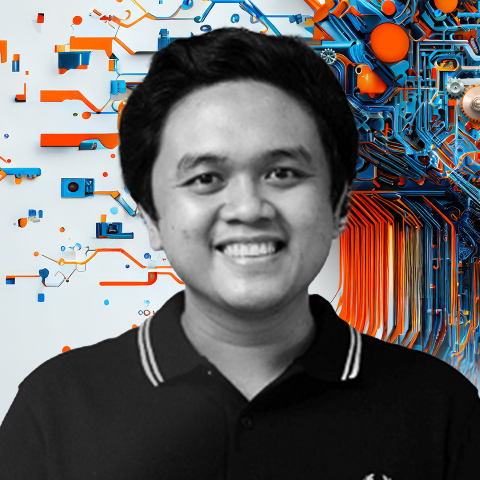 14:40 - 16:40
14:40 - 16:40Develop Python Serverless Applications with AWS Lambda and DynamoDB
By Raphael Jambalos Head of Modernization and Security, eCloudValley PhilippinesWhen deploying web applications, we typically have to set up several servers to host our application and its components. In this hands-on workshop, we will develop a Python application and deploy it to AWS Lambda using Serverless Framework. AWS Lambda is the serverless compute service of AWS where you can deploy applications without configuring any servers. We will also use AWS cloud native services like DynamoDB and SQS. We will also grapple with the questions that need to be asked as your Python Serverless application grows in complexity.The flow of the workshop will be:
- 10 mins: Introduction to Serverless Technology
- 10 mins: How we structure Python applications when deployed in Serverless
- 10 mins: Hands-on Workshop Introduction
- 90 mins: Hands-on Workshop ProperThe rules are:
- Participants will be required to bring laptops
- Participants will be grouped into teams of 4 people
- The group with the most points at the end of the workshop wins. In case there is a tie, the team that is the fastest wins
- AWS Accounts will be provided
- Internet connection required to hold the workshop as we would be deploying our applications to the cloudThe hands-on workshop's milestones are:
1. Deploy a simple hello world Python application in AWS Lambda
2. Create a CRUD API that uses DynamoDB as database
3. Use SQS and S3 to demonstrate event-driven architecture
Programming- 15:40 - 16:15
Expo Hall Visit
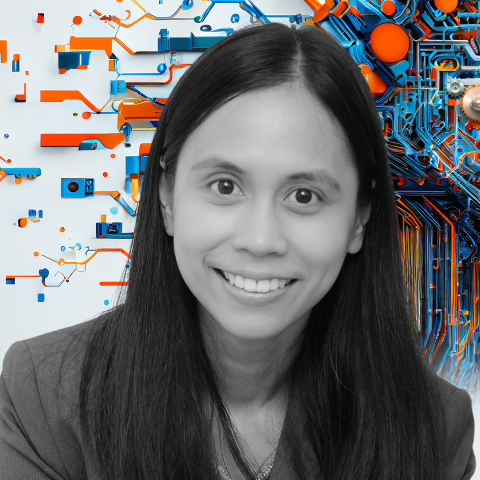 16:15 - 17:15
16:15 - 17:15Building a Privacy-Preserving Developer Toolkit
By Christine Balanaa Software Security Engineer, PointwestIn this talk, I’ll share my journey into building a privacy-conscious development workflow—how I began to understand the risks of handling user data, the challenges I faced, and the practical techniques that helped me get started. We’ll explore core privacy-preserving strategies such as data anonymization, synthetic data generation, and federated learning.
The session will also cover how to begin applying privacy metrics to evaluate and improve data protection efforts. Designed for developers who are new to this space, this talk offers a beginner-friendly introduction to building a privacy-preserving developer toolkit.IT/CybersecurityWhereVirtual
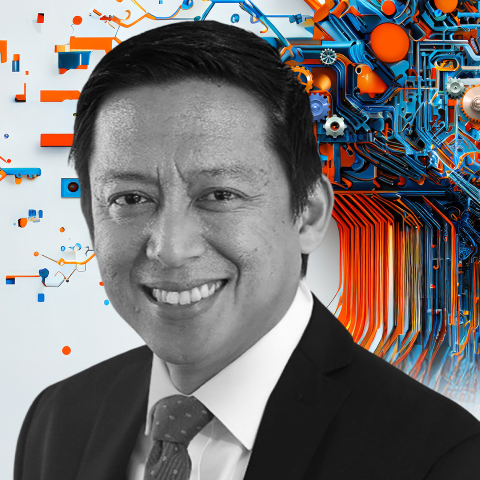 09:00 - 09:30
09:00 - 09:30Opening Ceremonies & Welcome Remarks
By Chucky Castro Chairperson, SOFTCON Steering CommitteeOpening & Welcome RemarksWhereCrowne Plaza Manila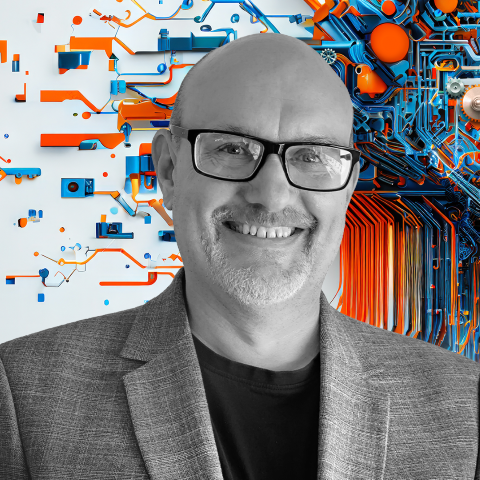 09:30 - 10:10
09:30 - 10:10AI Agents in CUP&A and Education
By Darren Smith Technology Director for English, Cambridge University Press and AssessmentThe Agentic train is leaving the station, are you on-board or will you get left behind?This session is a run through of the key elements of getting started and where we see Agent Technology supporting our business. What is CUP&A doing with Agent Technology and Education, what’s the destination and how do we get there.
WhereCrowne Plaza Manila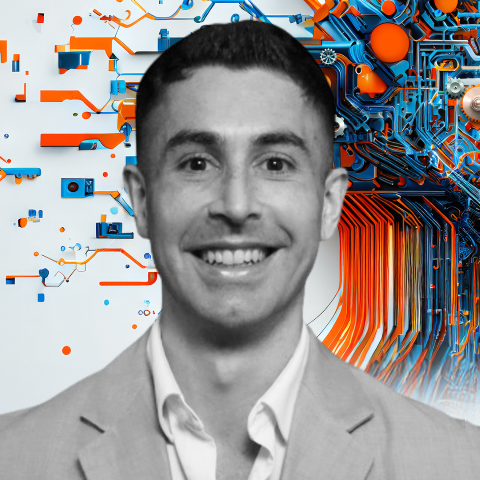 10:10 - 11:00
10:10 - 11:00Keynote Session:
Cutting through the Hype: Realities from Agentic AI in the fieldBy Ramine Tinati Managing Director, AI and Data, AccentureAgentic AI is transforming software engineering, but not in the way the hype suggests. In this keynote, I will cut through the noise to show what Agentic AI really is: autonomous systems that perceive, reason, and act to achieve goals within a constrained software environment.We’ll explore how Agentic AI moves beyond code completion tools. We’ll discuss the use of agentic frameworks today, where the real productivity gains lie, and which risks must be addressed up front. We will also cover the topics of the displacement of developers; and provide a perspective on shifting from purely writing code line by line to orchestrating intelligent agents and validating outcomes.
By the end of this session, you’ll have a practical, real-world understanding of Agentic AI and how it’s poised to redefine the future of software development.
WhereCrowne Plaza Manila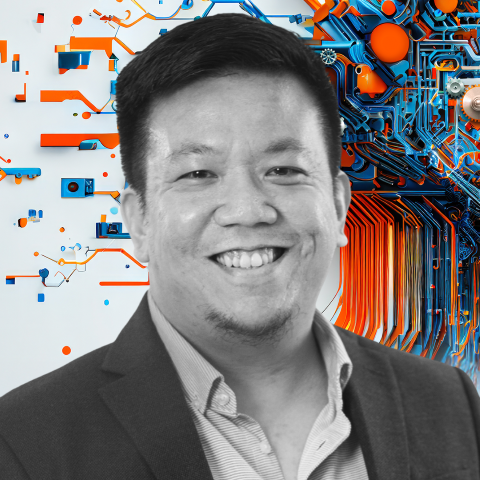 11:00 - 11:40
11:00 - 11:40Future-Proofing Your Engineering Career in the Age of AI
By Mark Adora Head of Retail and BT, ING Hubs PHThe rapid rise of Gen AI and Agentic AI is changing not just how we build software, but how we grow as engineers. What skills will matter most in the next decade? How can engineers in the Philippines take on global leadership roles in AI innovation?In this talk, Mark Adora, IT Lead at ING Hubs Philippines, shares insights from leading large-scale engineering teams across six countries. You’ll learn what technologies are driving AI in finance, what future skills engineers need to develop, and how Filipino talent is already shaping the future of financial technology. Whether you’re focused on technical mastery or career growth, this session will help you position yourself for success in the age of AI.
WhereCrowne Plaza Manila- 11:40 - 13:40
Lunch Break and Expo Hall Visit
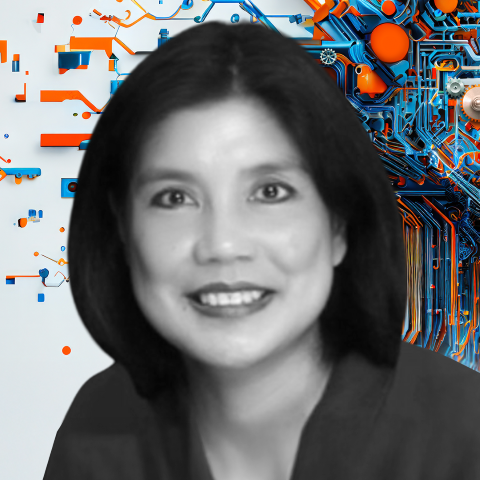
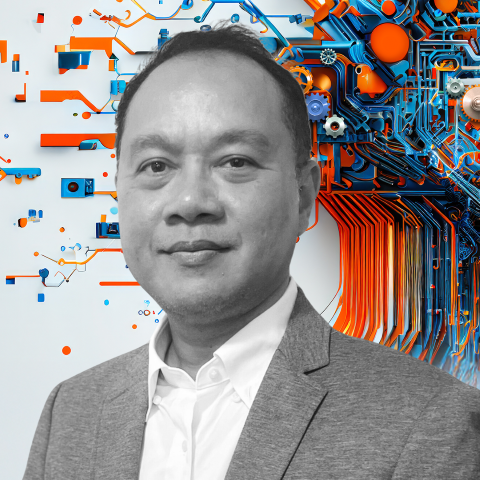 13:40 - 14:20
13:40 - 14:20Client Zero: IBM’s Blueprint for Innovation and Transformation
By Beng Paulino Technology Leader, IBM Consulting, Matt Doronila Financial Services and Domestic Sector Leader, IBM Consulting- 15:00 - 15:45
Coffee Break & Expo Hall Visit
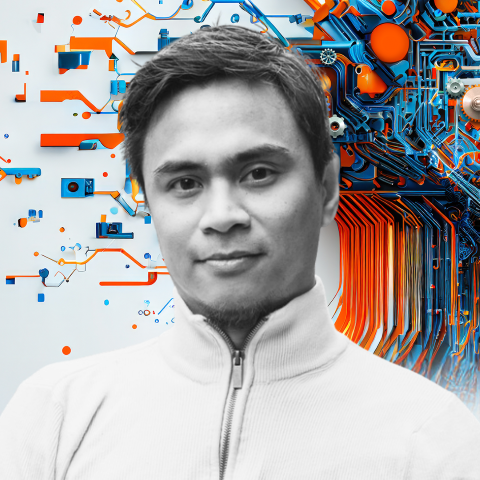 15:45 - 16:30
15:45 - 16:30Closing Keynote:
Philippine AI Report: Insights from Research on Adoption and Future TrendsBy Tim Santos Director of AI Cloud Solutions, GraphcoreThe Philippine AI Report explores critical trends shaping AI in the Philippines. This research aims to equip decision-makers and builders with the insights they need to drive greater AI adoption.PhilippineAIReport.com was created to advance Philippine AI progress through data-driven analysis and expert insights from a cross-industry team led by Tim Santos.
WhereCrowne Plaza Manila
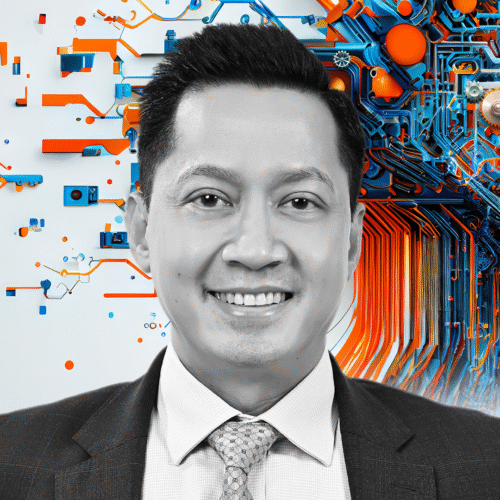
 16:30 - 17:45
16:30 - 17:45Panel Discussion:
Ready, AIm, Fire: AI Applications and Projections across Various IndustriesBy Tim Santos Director of AI Cloud Solutions, Graphcore, Dale Cuaycong AI and Digital Transformation Leader, Ramine Tinati Managing Director, AI and Data, Accenture, Michelle Alarcon President and Co-Founder, AAP- 17:45 - 18:45
Closing Remarks and Grand Raffle
- This session will guide the audience through the evolving role of artificial intelligence in enterprise software. It begins by grounding the audience in the fundamentals of ERP systems, then highlights the top user pain points ripe for innovation. From there, the talk dives into practical strategies for infusing AI into ERP apps, offering a roadmap for developers on skills and technologies needed. It concludes with an inspiring look at global opportunities for those who can deliver intelligent ERP solutions in an era of digital transformation, automation, and business reinvention.WhereZoom
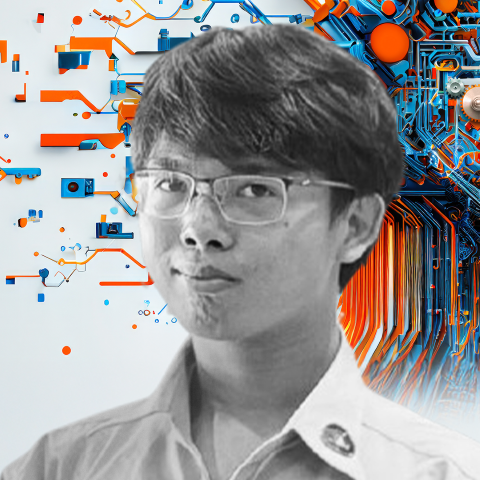 15:00 - 15:30
15:00 - 15:30Supercharge your ML Research with Google's TPU Research Cloud (Oct. 17)
By Alpha Romer Coma GitHub Campus Expert, GitHub EducationThis talk will provide a comprehensive overview of Google's Tensor Processing Units (TPUs) and how they can revolutionize your Artificial Intelligence research. We will delve into the specialized architecture of TPUs, highlighting their significant performance advantages over traditional CPUs and GPUs for machine learning workloads, particularly in large-scale training and inference. The discussion will cover the concept of TPU Pods for distributed training and explore various use cases where TPUs excel.A key focus will be on the TPU Research Cloud (TRC) program, which offers researchers access to these powerful computational resources at no charge. We will outline the application process for TRC and demonstrate how to leverage this program to accelerate your AI development. While VS Code will be showcased as a familiar and efficient interface for accessing and programming these TPUs, the emphasis remains firmly on the capabilities of the TPUs themselves.
Practical demonstrations will include training a model on the MNIST dataset using Keras, exploring applications from hand recognition to action, the methodology for training custom Large Language Models (LLMs) on TPUs, and more. Attendees will gain insights into harnessing the immense computational power of TPUs to tackle complex AI challenges and significantly reduce model training times, thereby supercharging their research endeavors.
WhereZoom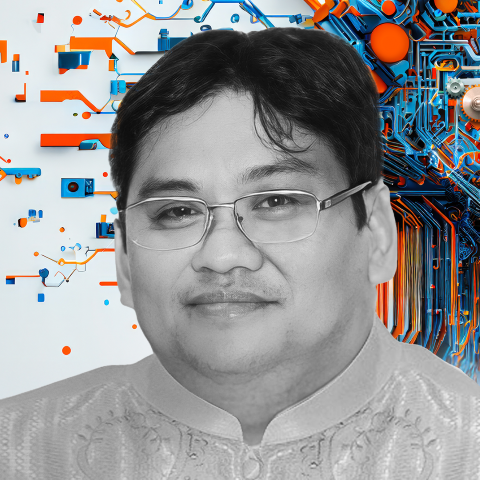 15:00 - 15:30
15:00 - 15:30Architecting Trust: Integrating Privacy by Design Across the SDLC (Oct. 24)
By Mario Demarillas Chief Information Security Officer, Exceture, Inc.In today's world of data breaches and privacy concerns, establishing trust is essential. Architecting Trust explores how organizations can integrate Privacy by Design principles throughout the Software Development Life Cycle (SDLC), from planning to maintenance. This approach ensures that privacy is a core aspect of system architecture and not an afterthought. By proactively safeguarding user data, organizations can enhance customer trust, drive innovation, and comply with regulatory demands.This session provides developers, architects, and project managers with the tools to make privacy a competitive advantage and to create trustworthy solutions by design.
WhereZoom


 11:30 - 13:30
11:30 - 13:30CXO Panel Discussion
By Dale Cuaycong AI and Digital Transformation Leader, Darren Smith Technology Director for English, Cambridge University Press and Assessment, Matt Doronila Financial Services and Domestic Sector Leader, IBM Consulting, Plenary Speaker

Crowne Plaza Manila Galleria
Ortigas Ave. corner Asian Development Bank Ave., Quezon City, 1100, Philippines
Pricing
Select an individual ticket or reserve a table of ten and bring your colleagues to maximize your time at the event.
Sponsors
We appreciate our supporters
We are incredibly grateful for the generous support of our esteemed sponsors, whose dedication and commitment have been instrumental in making this event possible.
Founding Partner






Supporting Partner


REGISTER
NOW!
28-30 October 2025
Full XP: Online (Days 1-2) + Crowne Plaza (Day 3)
Stream: Online (Days 1-3)
LIve: Crowne Plaza (Day 3)
Full XP
₱9800
- SOFTCON Bytes
- Online Workshops
- Plenary Sessions
- Access to Expo
- Replays of Sessions
- Access to Networking

